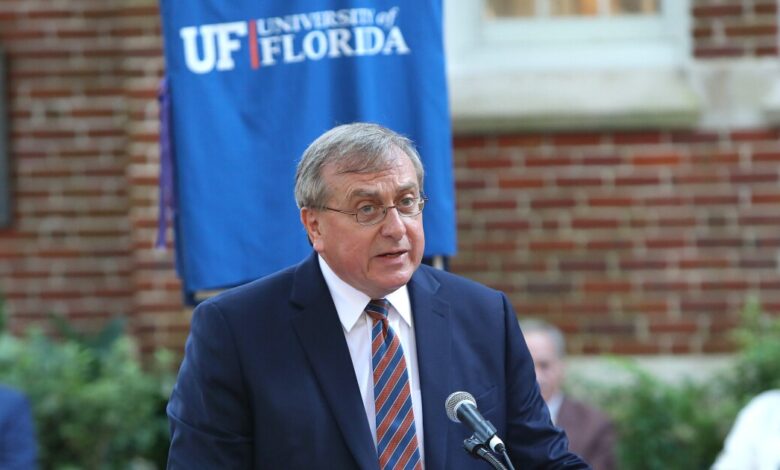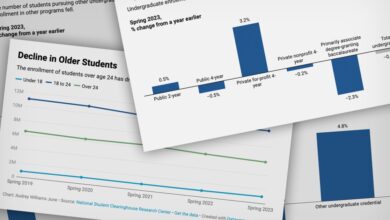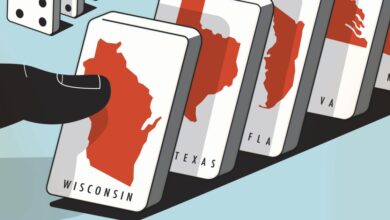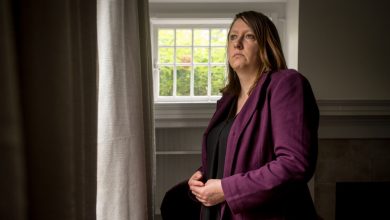After Controversy, U. of Florida Has a New Policy on Faculty Testimony. Here’s What It Says.

Professors at the University of Florida will most likely see approvals when they ask to testify as expert witnesses in cases that involve the State of Florida, following President W. Kent Fuchs’s approval of a task force’s recommendations on Tuesday.
The new policy represents a retreat from a practice this year in which four professors — three political scientists and one medical doctor — were rejected in their requests to testify in litigation involving state entities. Fuchs reversed those decisions after a query from Florida’s accreditor and national backlash from academic-freedom advocates. He called a seven-member task force to evaluate the campus’s policies on testifying in litigation involving the state.
The resulting recommendations create “a strong presumption” that the university will approve requests among professors and staff to testify as private citizens, “regardless of the viewpoint of the faculty or staff member’s testimony and regardless of whether the faculty or staff member is compensated for such testimony.”
If the university wants to reject a request, it needs “clear and convincing evidence” that such testimony would conflict with a specific interest of UF. A campus official must explain that conflict in writing, according to the recommendations.
The policy is narrow. Six professors who have sued the university after news of the rejected testimony went public said in a statement that the policy still allows for faculty speech to be restrained at “the university’s discretion” and said they were “disappointed” by the task force’s results, which “address only the narrow issue of expert testimony.”
One of the task force’s members, Clay Calvert, a journalism and law professor, said at its Monday meeting that those who enforce the policy must remember key principles. (The task-force meetings were available for the public to view.)
“A conflict of viewpoint is not necessarily a conflict of interest,” he said. “I hope when these decisions are made under these policies, that they’re grounded neither in fear of possible financial repercussions to the University of Florida, nor in any efforts to curry favor to those powerful few who may control or influence the purse strings that effect the University of Florida.”
The task force also recommended that the university create a committee that reviews proposed denials of requests, including those to serve as expert witnesses when the state is a party. The committee would need to include faculty and administrators and must consult with a requestor’s college for local context, the task force said.
Previous policy said that faculty members at UF must report outside activities that could pose a real or apparent conflict of interest through a system called UFOLIO, short for UF Online Interest Organizer. Generally, professors had to disclose pursuits that were not part of their assigned UF duties but were related to their expertise, like legal consulting or teaching at another institution.
Campus leaders on Tuesday also responded to the inquiry of the university’s accreditor, which was first reported by The Chronicle this month. The accreditor, the Southern Association of Colleges and Schools Commission on Colleges, had asked whether external entities were involved in the decision and to what extent Florida’s governing board played a role. The university denied each charge.
Sacscoc also asked the university whether its actions aligned with its definition of academic freedom. Administrators said that the task force’s recommendations affirmed Florida’s commitment to the principle.
Emma Pettit contributed reporting for this article.
Source link






